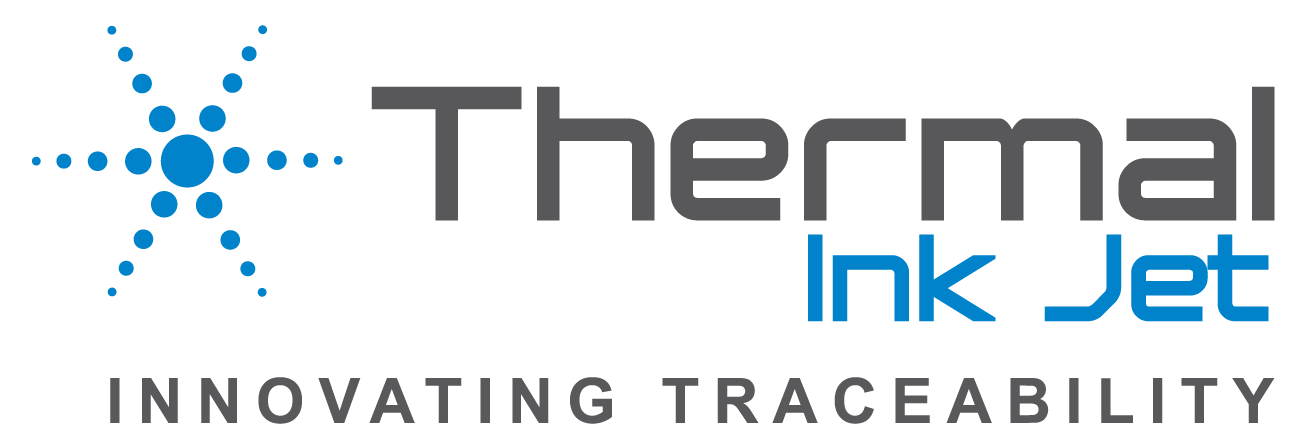Introduction
Traceability is becoming increasingly vital in the food industry, as global regulations and consumer demands for transparency rise. It ensures that food products are tracked at every stage of the supply chain, from farm to table, safeguarding public health, ensuring compliance, and preventing costly recalls. With technology and regulations evolving, traceability will be the cornerstone of future food safety.
The Importance of Traceability in Food Safety
Ensuring Food Safety and Quality
Traceability plays a critical role in ensuring that food products are safe for consumers. With modern technologies such as QR codes, barcodes, and Data Matrix codes, companies can track and record each stage of production, processing, and distribution.This allows for quick identification of potential safety issues, such as contamination or expired goods. If a problem arises, companies can act swiftly, identifying the affected batch and isolating the issue before it reaches consumers.
Regulatory Compliance
Government agencies around the world, such as the FDA in the United States and the European Food Safety Authority (EFSA), are tightening regulations around food traceability.The Food Safety Modernization Act (FSMA) in the U.S. mandates more stringent traceability measures for food manufacturers and suppliers. Likewise, in the EU, the General Food Law Regulation requires traceability across all food sectors. Compliance with these evolving laws helps businesses avoid fines and shutdowns while enhancing consumer trust.

Key Trends Shaping the Future of Food Traceability
Digital Transformation and Smart Technology
As part of Industry 4.0, smart technology is revolutionizing how the food industry handles traceability. Advanced RFID, IoT, and blockchain solutions are being integrated into supply chains to provide real-time data, allowing companies to monitor products at every stage of the process. These technologies improve the speed and accuracy of tracing a product’s journey, enabling manufacturers to anticipate issues before they escalate.
Consumer Engagement and Transparency
Consumers today demand more transparency about where their food comes from. Traceability systems allow businesses to share detailed product information directly with customers through QR codes or mobile apps.This can include details about the product’s origin, the sustainability practices of the producers, and even the journey it took to get to the store. Companies that prioritize transparency can enhance consumer loyalty and differentiate themselves in a competitive market.
Sustainability and Ethical Sourcing
In addition to safety, traceability is key to supporting sustainable practices in the food industry. Consumers increasingly prefer brands that prioritize ethical sourcing, fair trade, and environmental responsibility. By implementing traceability systems, food companies can provide proof of sustainable practices, from organic certification to carbon footprint tracking. This contributes to the broader goal of achieving a circular economy, where transparency is crucial for reducing food waste and supporting eco-friendly sourcing.

Conclusion
The future of traceability in the food industry is driven by a combination of consumer demand, regulatory requirements, and technological advancements. Businesses that adopt robust traceability solutions not only ensure compliance but also protect their brand integrity, build trust with consumers, and contribute to a safer, more sustainable food system.
By embracing the potential of digital transformation and smart technologies, the food industry can stay ahead of future challenges and capitalize on the opportunities that traceability presents.


